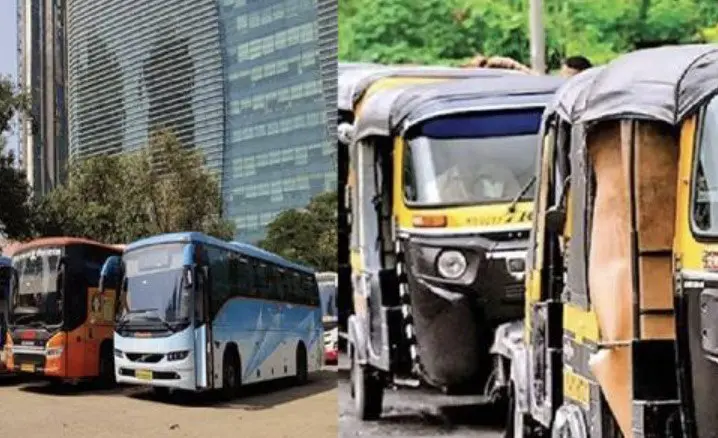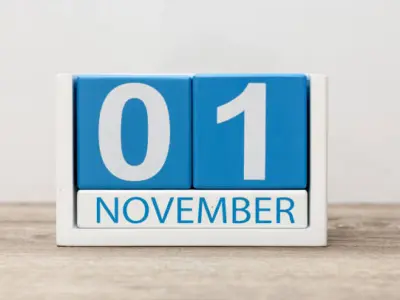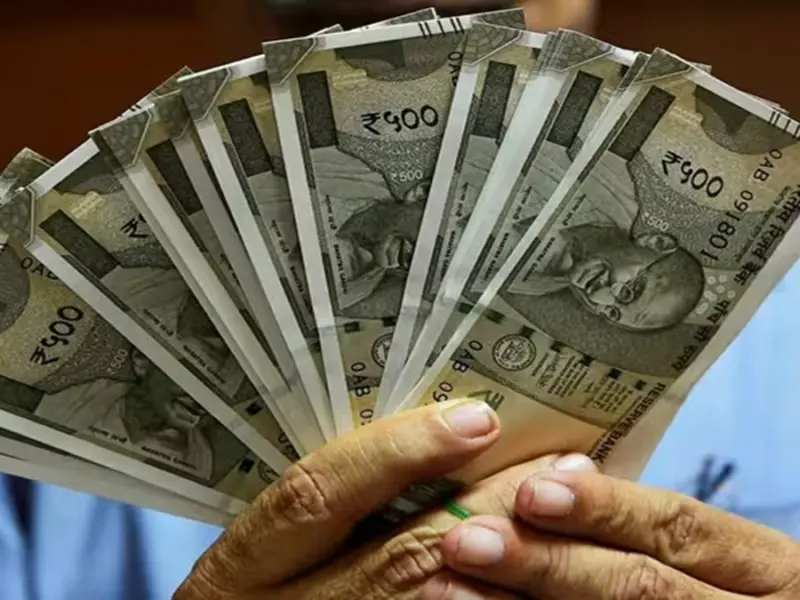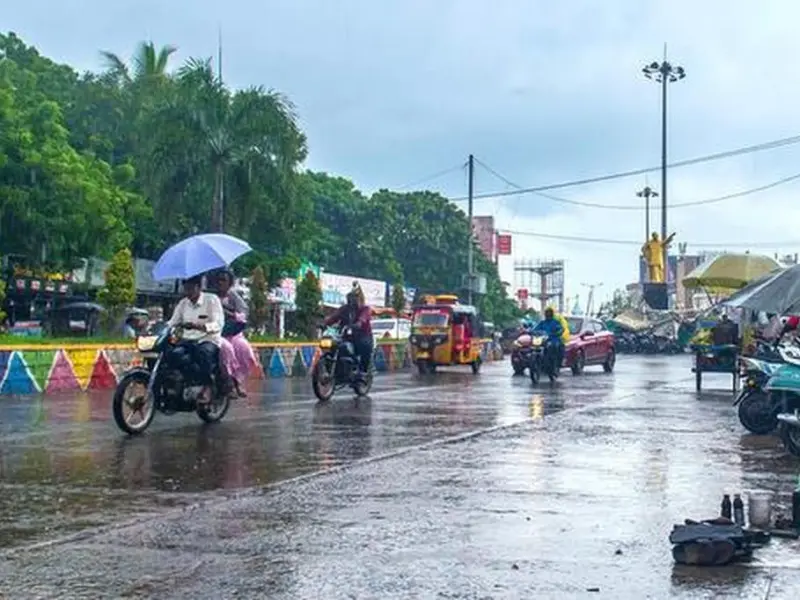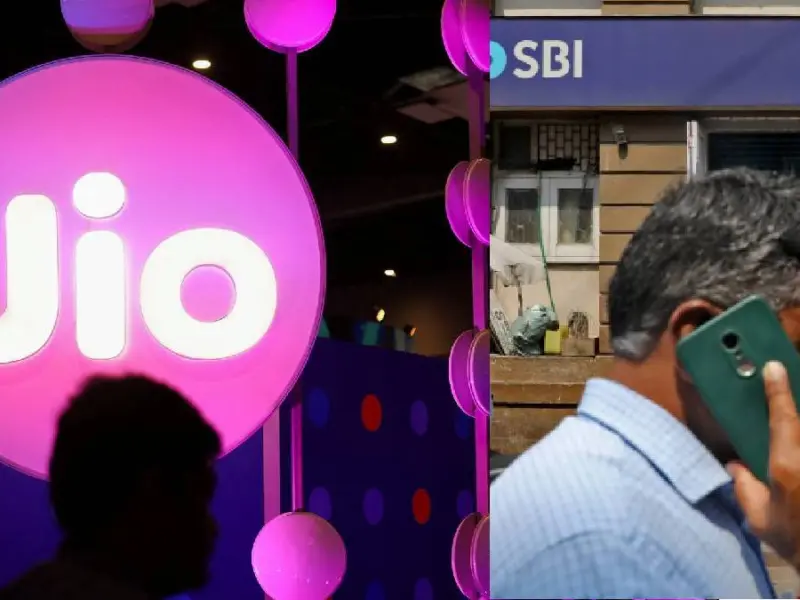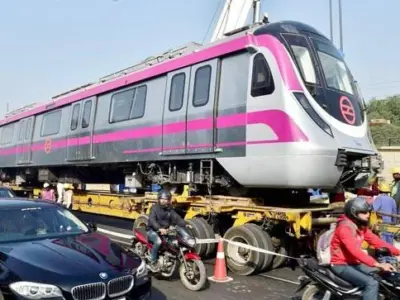The Impact of Fare Increases on Daily Commuters
The budget for 2025 is expected to bring some relief from inflation for the people, but just before its presentation, the general public has faced a significant setback. The Maharashtra State Road Transport Corporation (MSRTC) has implemented a fare increase of 14.95% for its bus services, effective from Saturday, January 25. This hike means that the millions of daily passengers relying on MSRTC buses will now need to spend more on their commutes, placing additional financial strain on many families. With a massive fleet of 15,000 buses, MSRTC plays a crucial role in transportation across the region.
Rising Costs for Auto Rickshaws and Taxis
In Mumbai, the situation is similar as the Mumbai Metropolitan Area Transport Authority (MMRTA) has approved an increase in base fares for auto rickshaws and black-yellow taxis. The base fare for auto rickshaws has risen from Rs 23 to Rs 26, while black-yellow taxis now charge Rs 31 instead of the previous Rs 28. Additionally, the fare for AC Cool Cabs has jumped from Rs 40 to Rs 48. These new rates will only take effect once all vehicles have their meters recalibrated according to the updated fares, adding to the inconvenience faced by commuters.
Disruptions Due to the Jumbo Block
To add to the woes of the public, Western Railway has scheduled a three-day Jumbo block from January 24 to 26 for bridge construction between Bandra and Mahim. This block has led to changes in the operation of several long-distance trains, which affects many travelers. For instance, the Mumbai Central-Gandhinagar Vande Bharat Express will now depart at 6:15 am on January 25, while the Mumbai Central-Ahmedabad Gujarat Superfast Express will leave at 6:40 pm. Such fare hikes and transport disruptions are likely to put even more pressure on the general public’s finances, especially as they look forward to potential relief from the upcoming budget.
